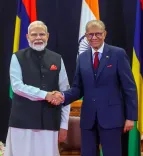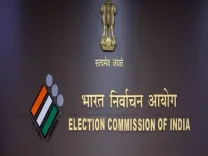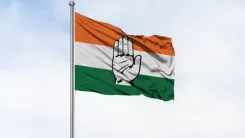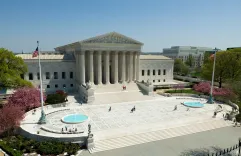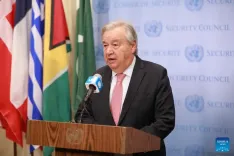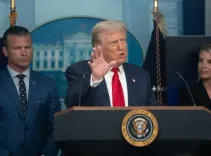Rajasthan Governor Urges Comprehensive Adoption of NEP
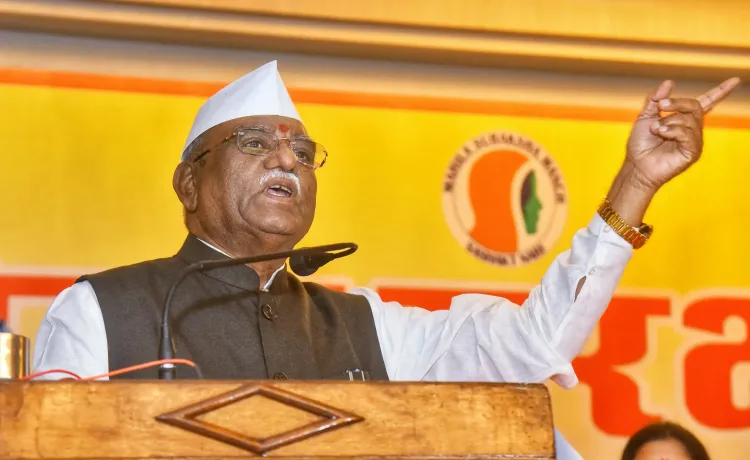
Jaipur, Dec 18 (NationPress) The Governor of Rajasthan, Haribhau Bagade, on Wednesday, underscored the essential need for a comprehensive adoption of the National Education Policy (NEP) 2020, asserting that it could elevate India to the status of a global knowledge superpower.
While speaking at the National Workshop on NEP 2020 hosted by Rajasthan University, along with the Commissionerate College Education, the National Higher Education Department, and Shiksha Sanskriti Utthan Nyas, Bagade stated that the policy merges education with moral values, laying the groundwork for cultivating responsible citizens.
The Governor called upon educators to assume a crucial role in the effective implementation of this policy. He highlighted that education transcends textbooks and encompasses the instillation of human values. Quoting Pandit Deendayal Upadhyaya, he emphasized the significance of a holistic educational approach, resonating with the principles outlined in NEP 2020.
Bagade further noted that NEP 2020 places a premium on human values and necessitates that teachers remain abreast of modern knowledge to bolster students' intellectual growth. He criticized the persistent impact of Western-centric educational frameworks established during the British era, such as Macaulay's system, advocating for education that is grounded in mother tongue and traditional Indian values.
“India has always been a repository of knowledge and science,” Bagade remarked, referencing the contributions of ancient scholars like Bhaskaracharya, whose discoveries in mathematics, particularly on zero, were later recognized by the West. He urged for a revival of India’s knowledge heritage and reiterated that the new policy is in harmony with this aspiration.
During the event, the Governor also unveiled a souvenir commemorating the workshop.
Deputy Chief Minister Premchand Bairwa praised NEP 2020 for reestablishing connections with India’s ancient knowledge systems and addressing historical stagnation in the educational framework. He pointed out that the policy transitions focus from rote learning to problem-solving skills and strives to create an inclusive and equitable society.
Dr. Atul Kothari of Shiksha Sanskriti Nyas emphasized that education is a transformative instrument for national progress, urging collective action for effective policy execution. College Education Commissioner Aarushi Malik provided insights on innovations in higher education inspired by Indian knowledge traditions, while Commissioner Om Prakash Bairwa detailed the agenda for the two-day workshop.
The workshop commenced with a welcoming address by Rajasthan University Vice Chancellor Dr. Alpana Kateja, and the event was coordinated by Nitin Kasliwal.


